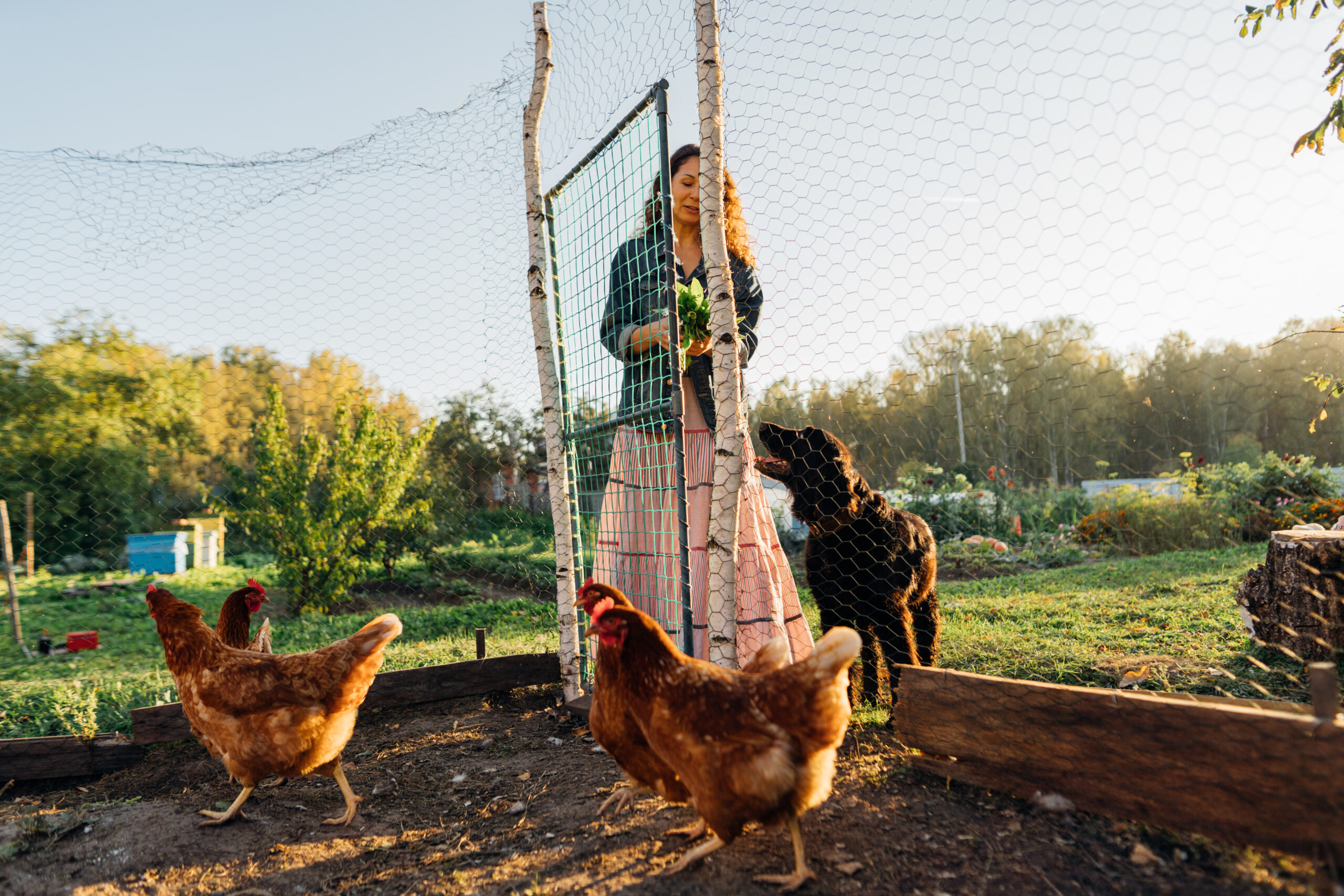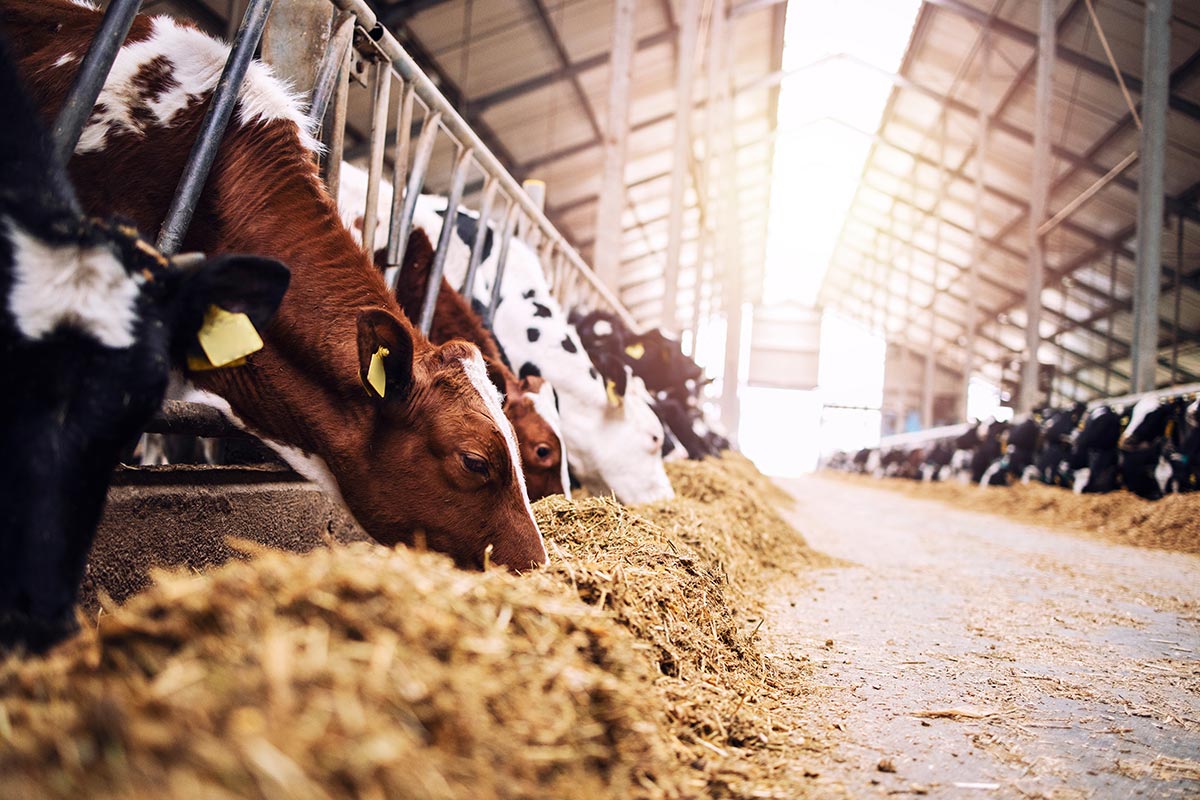As someone deeply involved in agriculture and committed to sustainable practices, I’ve seen firsthand how the landscape of farming has evolved over the years. Organic farming, in particular, has gone from a niche market to a rapidly growing segment of the agriculture industry. Today, consumers are more conscious than ever about where their food comes from and how it’s produced. This shift in consumer behavior has driven innovation and new trends in organic farming that promise to shape the future of agriculture in profound ways.
The Growing Demand for Organic Produce
One of the most significant trends in organic farming is the increasing demand for organic produce. More and more consumers are prioritizing health and sustainability, leading them to choose organic products over conventional ones. This demand isn’t just a passing fad—it’s a fundamental shift in how people think about food. Organic farming is no longer just about avoiding synthetic pesticides and fertilizers; it’s about creating a system that works in harmony with nature, promotes biodiversity, and fosters healthy soil.
As demand grows, so does the need for organic farms to scale up their operations while maintaining the principles that define organic agriculture. This scaling up presents both challenges and opportunities. On one hand, it’s an opportunity to bring organic farming practices to more land, increasing the availability of organic products. On the other hand, it requires farmers to adopt new technologies and methods to ensure that their operations remain sustainable as they grow.
Innovations in Organic Farming Techniques
Innovation is at the heart of meeting the challenges of scaling up organic farming. One of the most exciting developments in recent years is the use of precision agriculture in organic farming. Precision agriculture involves using technology to monitor and manage crops more efficiently. For organic farmers, this can mean using drones and sensors to monitor soil health, track crop growth, and even detect pests and diseases early.
These technologies allow organic farmers to be more targeted in their approach, applying organic fertilizers and pest control methods only where and when they are needed. This not only helps to reduce waste but also ensures that the farming practices remain true to the principles of organic agriculture. By using technology to fine-tune their operations, organic farmers can improve yields while still maintaining the environmental integrity of their farms.
Another area of innovation is in organic seed breeding. Traditional organic farming has often relied on seeds bred for conventional farming systems, which may not always be well-suited to organic methods. However, there is a growing movement to develop seeds specifically for organic farming. These seeds are bred to thrive in organic systems, which often means they are more resilient to pests and diseases, have better nutrient uptake, and are more adaptable to the diverse conditions found on organic farms.
The Role of Soil Health
One of the foundational principles of organic farming is the focus on soil health. Healthy soil is the cornerstone of a successful organic farm, and there is a growing recognition of the importance of soil biology in organic farming systems. Farmers are increasingly adopting practices like cover cropping, crop rotation, and reduced tillage to enhance soil health.
Cover cropping, for example, involves planting certain crops specifically to improve soil health during the off-season. These cover crops can help to prevent erosion, improve soil structure, and increase organic matter in the soil. Crop rotation, where different crops are planted in succession on the same land, helps to break pest and disease cycles and improves soil fertility. Reduced tillage minimizes soil disturbance, preserving the soil structure and maintaining the beneficial organisms that live in the soil.
Sustainability and Organic Certification
As the organic farming sector grows, so does the scrutiny on what qualifies as “organic.” The organic certification process is becoming more rigorous, ensuring that consumers can trust that the organic label means what it says. This is a positive development, as it helps to maintain the integrity of organic farming and prevents the dilution of organic standards.
However, the certification process can be a barrier for small farmers who may find it difficult to meet the stringent requirements. As we move forward, it’s important to find ways to support these farmers, perhaps through financial assistance, education, and resources that can help them navigate the certification process.
Looking Ahead
The future of organic farming is bright, but it also requires a commitment to innovation and sustainability. As more farmers adopt organic methods, it’s crucial to continue developing technologies and practices that support these efforts. We must also remain vigilant in protecting the integrity of the organic label, ensuring that it remains a trusted symbol of sustainable farming practices.
As someone deeply involved in environmental health and safety, I, Bryan Winquist, am excited to see how these trends and innovations will continue to shape the future of organic farming. By embracing new technologies, focusing on soil health, and supporting organic certification, we can create a farming system that is not only productive but also sustainable for future generations. The growth of organic farming is a testament to the power of farming in harmony with nature, and I believe that its principles will continue to guide us towards a more sustainable and healthier future.


